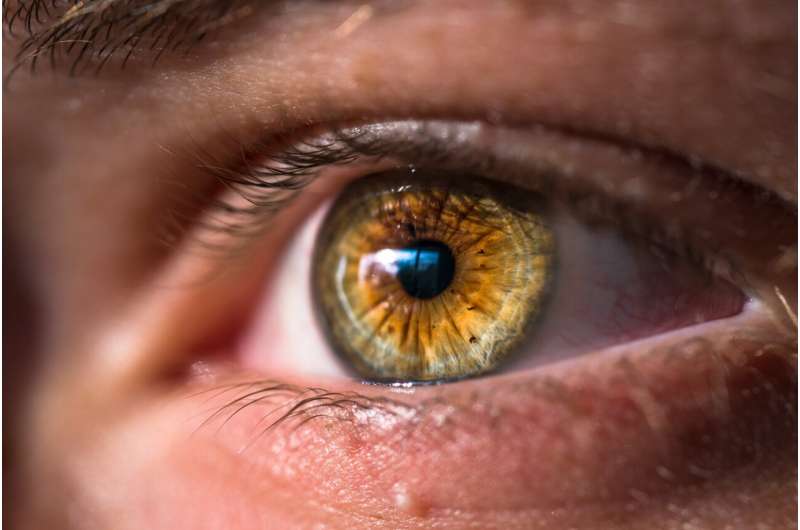
A potentially effective treatment for diabetic retinopathy, a disease that swells and scars the retina, has been developed by an Université de Montréal scientist and investigator at Maisonneuve-Rosemont Hospital Research Centre (MRH-RC).
Working with research scientist Pam Tsuruda of the San Francisco-based company UNITY Biotechnology, Przemyslaw (Mike) Sapieha published the results of the research project on mice Friday in the journal Cell Metabolism.
Phase 1 human studies are now being carried to test the potential of this new class of retinal drugs.
“This collaboration between the MRH-RC, UdeM and UNITY Biotechnology could have an impact on the quality of life of patients with diabetic retinopathy,” said Sapieha, a professor in UdeM’s Department of Ophthalmology and director of MRH-RC’s Neurovascular Eye Disease Research Unit.
“With a single injection,” he added, “it would potentially be possible to eliminate groups of cells that contribute to diabetic eye disease, which affects some 750,000 Canadians and is the leading cause of blindness in working-age adults.”
Diabetic retinopathy is caused by a degeneration of the small blood vessels that feed the retina and that regrow abnormally. These new vessels can leave scars on the retina and thus obstruct vision.
The trigger of abnormal blood vessels
One of the main challenges in the treatment of diabetic retinopathy is determining which blood vessels are healthy and which are damaged. Sapieha’s research reveals that abnormal blood vessels trigger molecular programs associated with accelerated aging, commonly known as cellular senescence. The current study builds on earlier work published by Mike Sapieha and Frederick Mallette, who in 2016 were the first to identify cellular senescence as a disease process in diabetic retinopathy.
In the study, co-authors Sergio Crespo-Garcia and Agnieszka Dejda of MRH-RC identified a molecular target, BCL-xL, present in defective retinal blood vessels. The drug developed by UNITY Biotechnology uses this molecular target to selectively eliminate the defective vessel and thus allow the retina to repair itself.
“I am proud of our leadership in vision health in both the clinical and scientific communities,” said Sylvain Lemieux, president and CEO of CIUSSS de l’Est-de-l’Île-de-Montréal, the public health-care network of which MRH-RC is a part.
Source: Read Full Article
